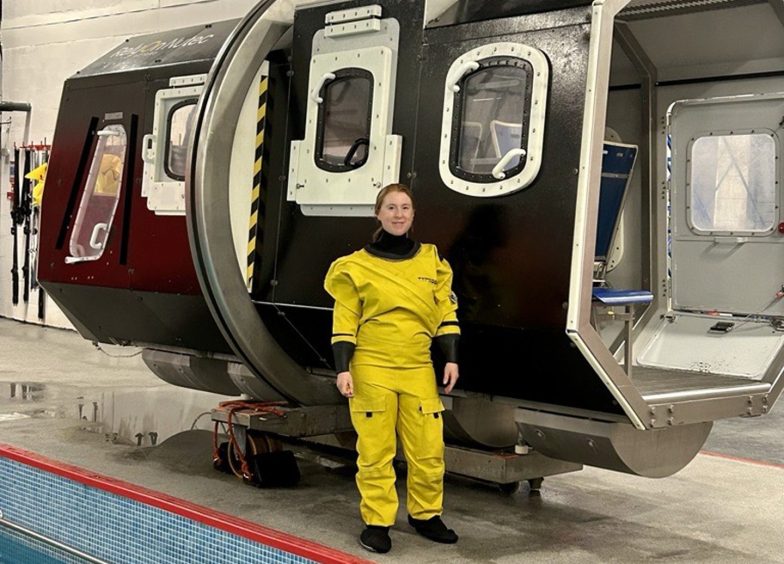
Tailored and flexible ways of achieving safety training standards are required for the modern energy workforce to thrive and adapt to the future of energy production, says Ewen Hay, director of products & services at OPITO, the global safety and skills organisation for the energy industry.
The lifecycles of global oil and gas operations are at varying levels of maturity. Whether an asset is at peak production or being decommissioned, cohorts of the energy workforce need to be equipped, trained and present to ensure safe and productive activities continue.
The same goes for the evolving offshore renewable energy industry. With offshore wind projects being developed all around the world, operations are often executed within varying climates and deep waters. This means crew transfers are made via helicopter where appropriate, as opposed to exclusively by boat. As a result, workers need to be able to travel to remote locations with ease and confidence, no matter the method of transport.
Putting a focus on people
Across any facet of the energy mix, it is clear to see that the most important common thread which runs throughout all energy operations is people. It is critical that the global energy workforce has appropriate training and that comprehensive procedures are in place for travelling to and from these often-remote locations.
Helicopters play an increasingly important role in how the global energy workforce safely travels on and offshore. Across the energy mix, workers need to be prepared for helicopter travel as part of their work remits.
Evolving alongside the day-to-day technology, which is now commonplace in the energy sector, workers deserve to have training which embraces modern methods, combined with the experience and knowledge generated by the workforce over the past 50-plus years.
OPITO’s flexible approach
This is why OPITO has granted greater flexibility for training centres to offer helicopter underwater escape training (HUET) to offshore workers, in line with energy industry diversification.
Global training centres can now offer OPITO’s HUET as a standalone course, irrespective of offering full basic offshore safety induction and emergency training (BOSIET) on site. This move allows global training centres to offer further variety of courses and passes efficiencies to industry workers, enabling increased mobility and tailored training across different parts of the energy sector.
OPITO’s approved HUET standard ensures offshore workers will benefit from the assurance of being equipped to deal with relevant and extensive helicopter-related scenarios.
In a simulated environment, energy workers undertaking the HUET courses will demonstrate they can use safety equipment and follow procedures in preparing for and during helicopter emergencies, with a particular focus on escaping from a helicopter following ditching.
Courses provide opportunity to all
The HUET standards provide the opportunity to achieve safety approval for tailored environments and scenarios. These include training for those who will be supplied with a rebreather emergency breathing system (EBS) or a compressed air emergency breathing system (CA-EBS) during offshore helicopter travel as well as specific training for those who will undertake helicopter travel in a tropical environment.
HUET-only courses provide opportunities for organisations and workers to select the necessary level of training standard required for work across the energy industry, from oil and gas to renewables.
At OPITO, we are constantly adapting and responding to industry megatrends and the requirements of the workforce and training centres as we accelerate towards net zero. We are committed to enabling offshore energy personnel to feel secure and confident that they have the highest level of competence training when it comes to ensuring a safe journey offshore and when returning home.
Recommended for you
